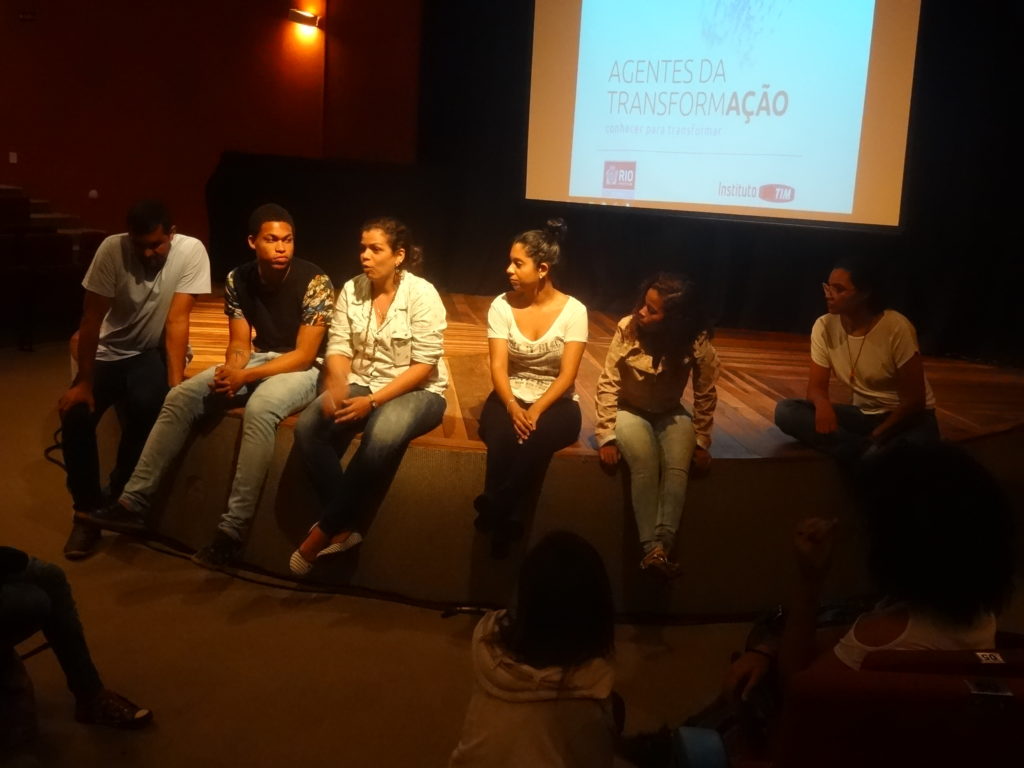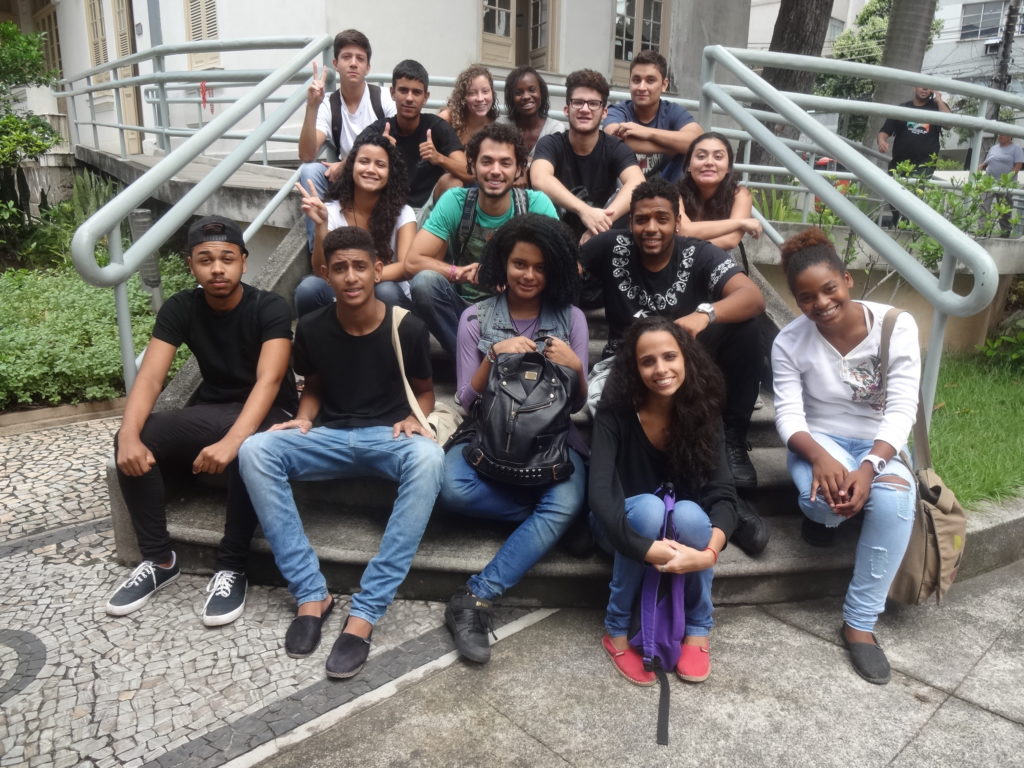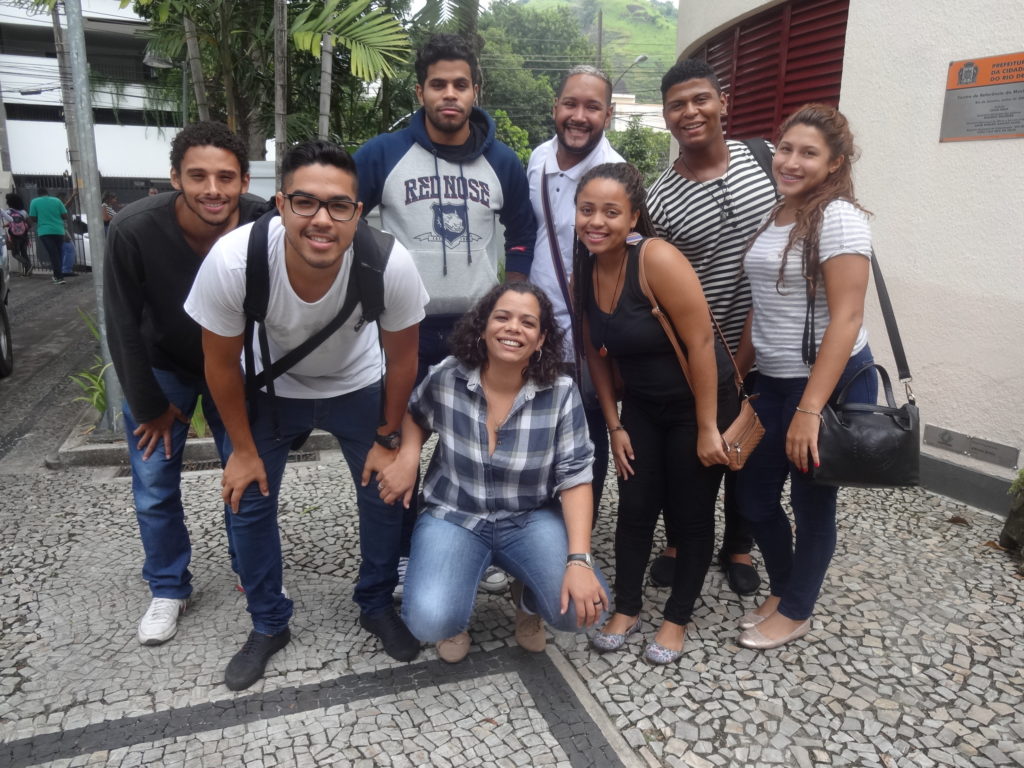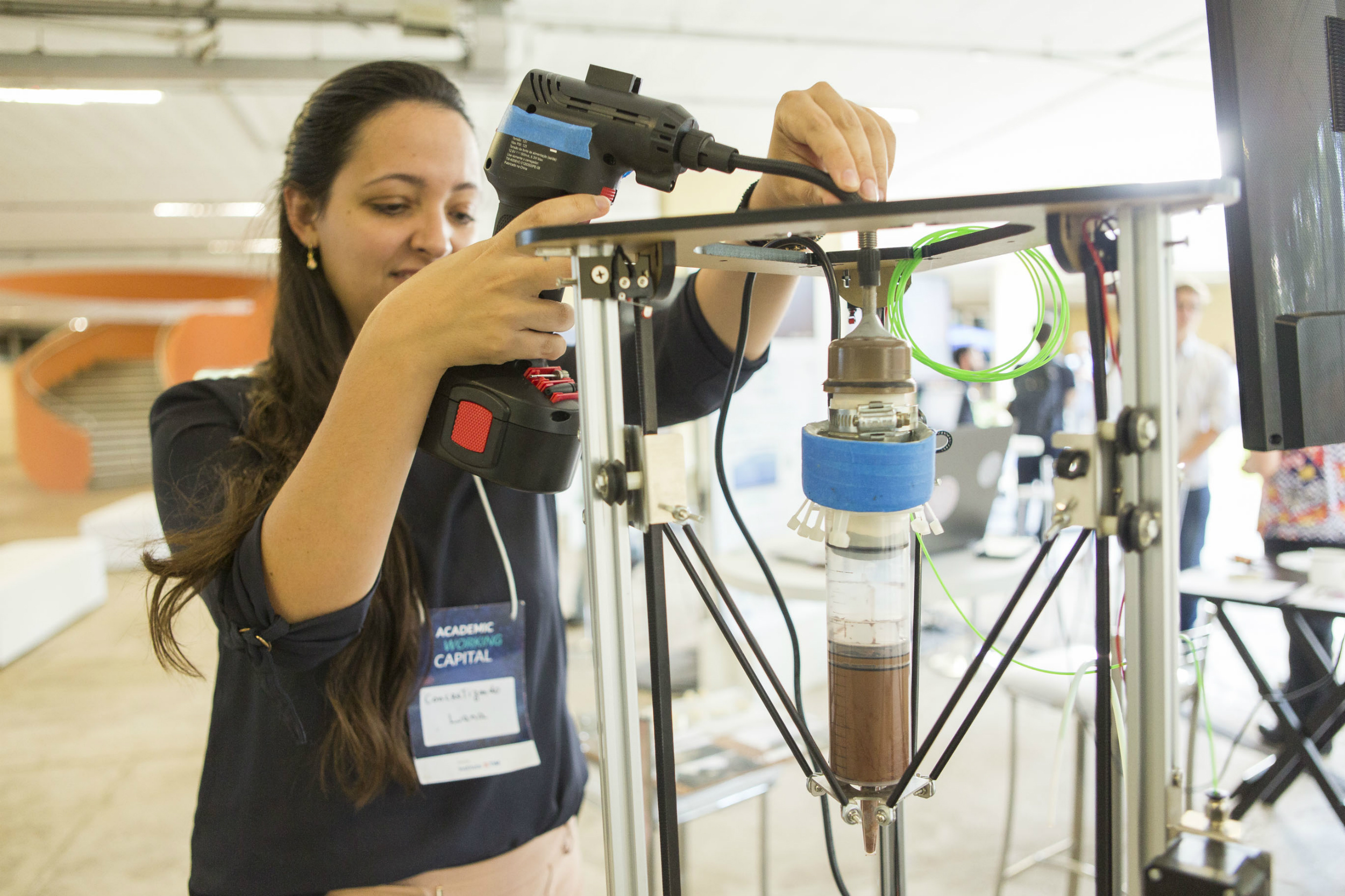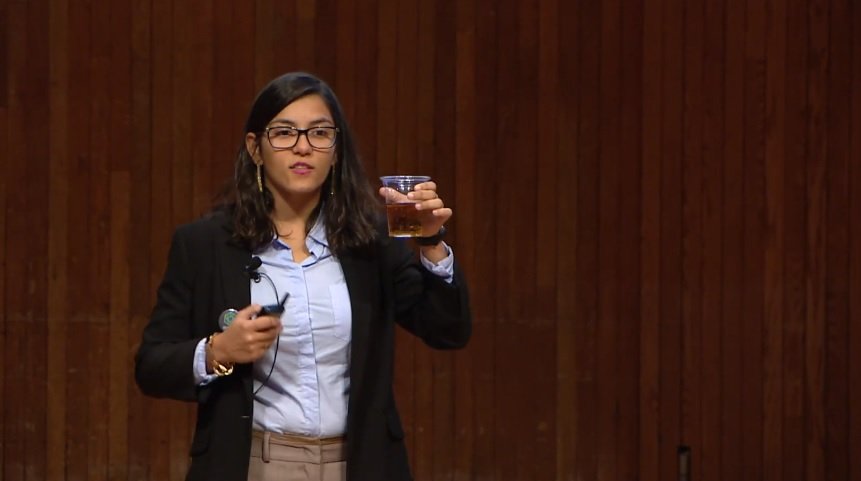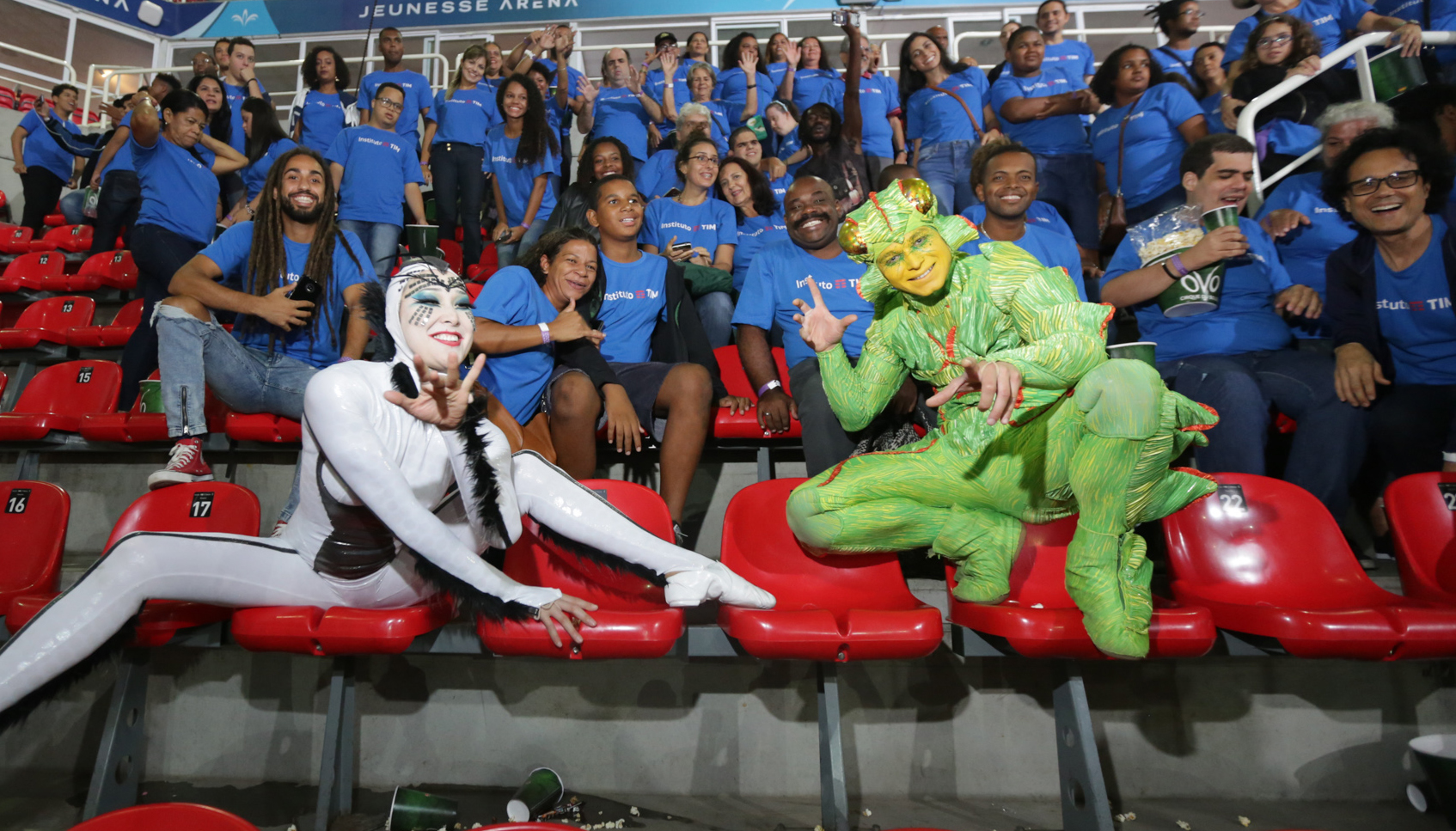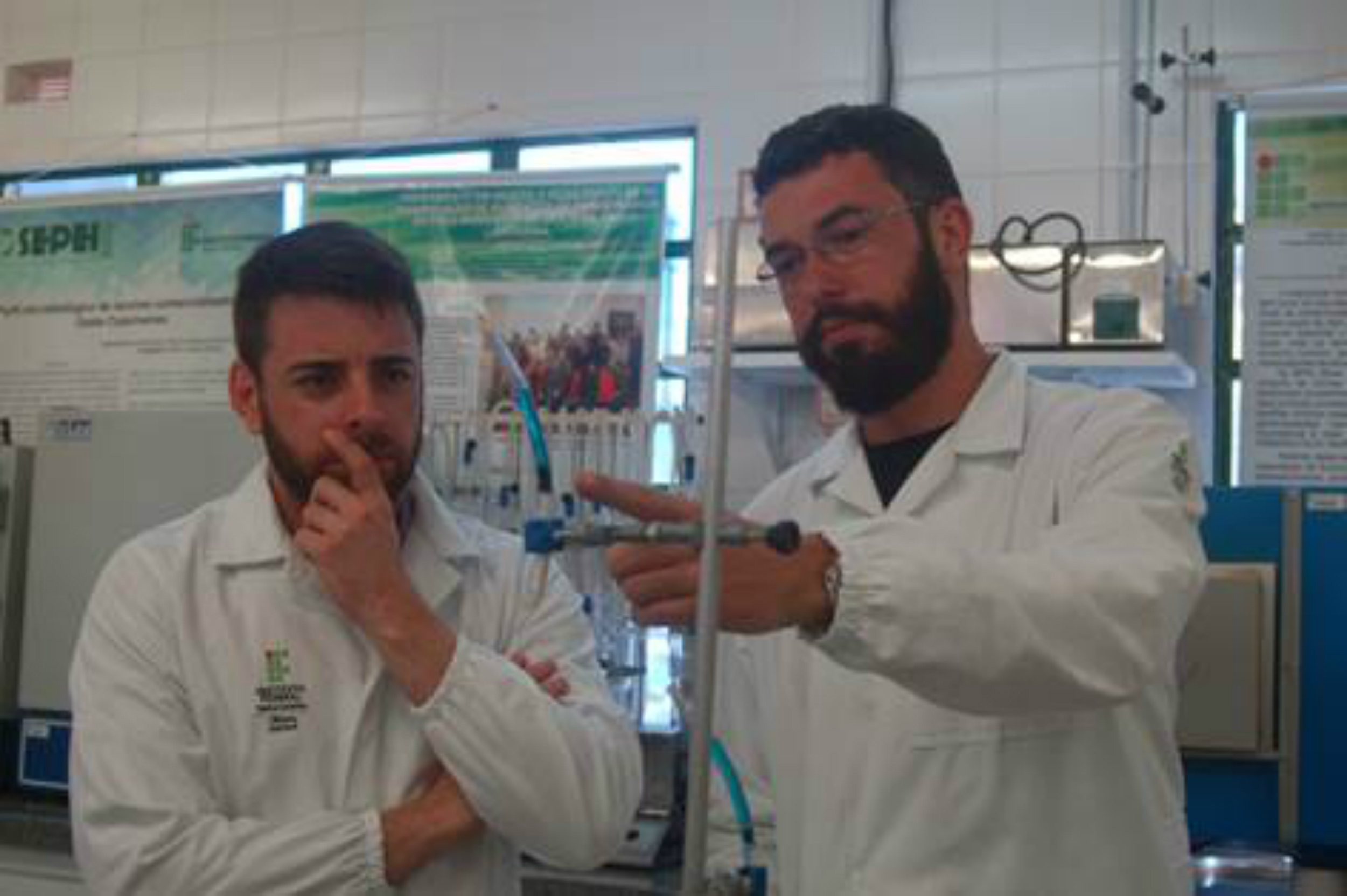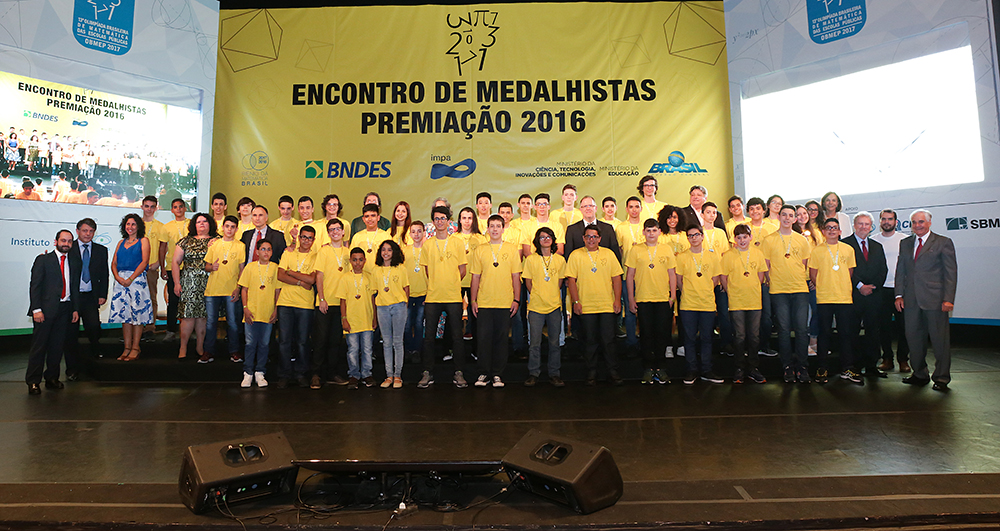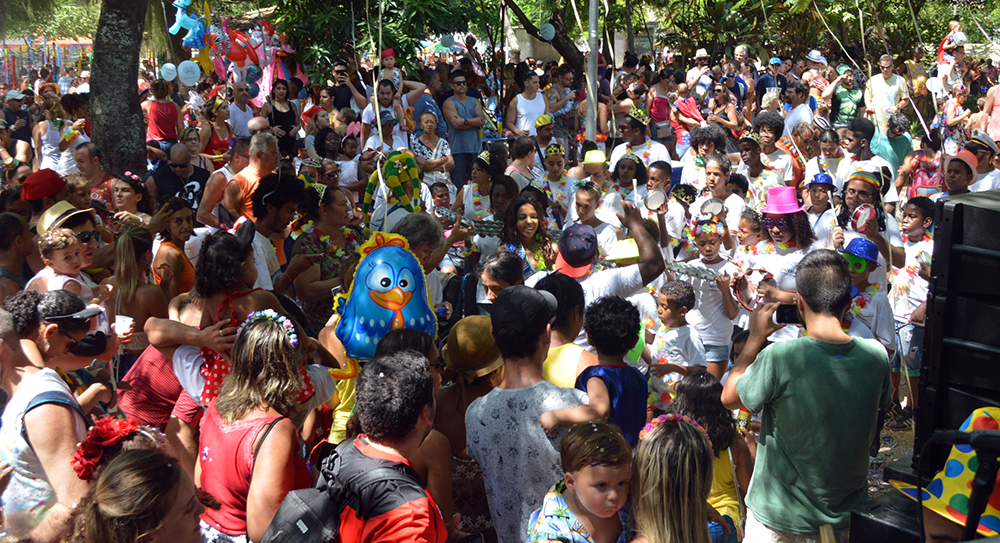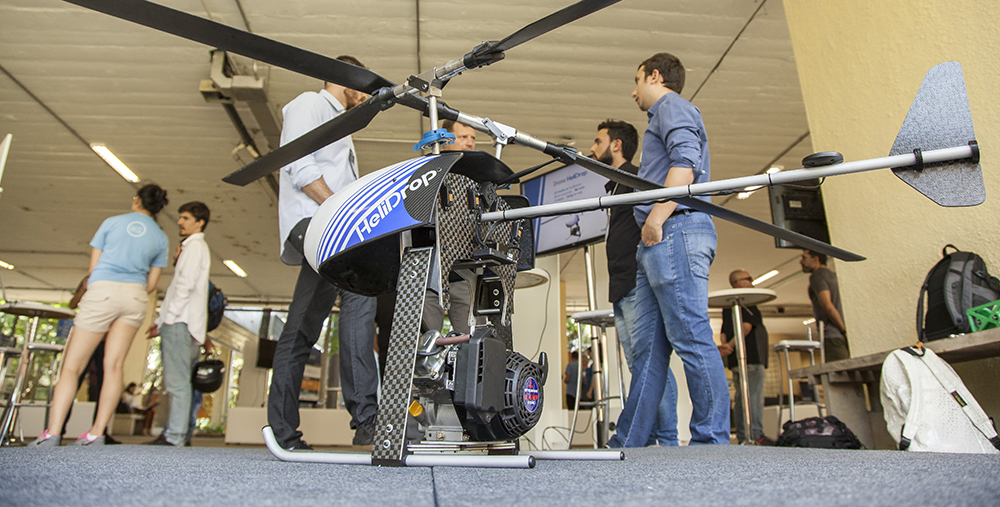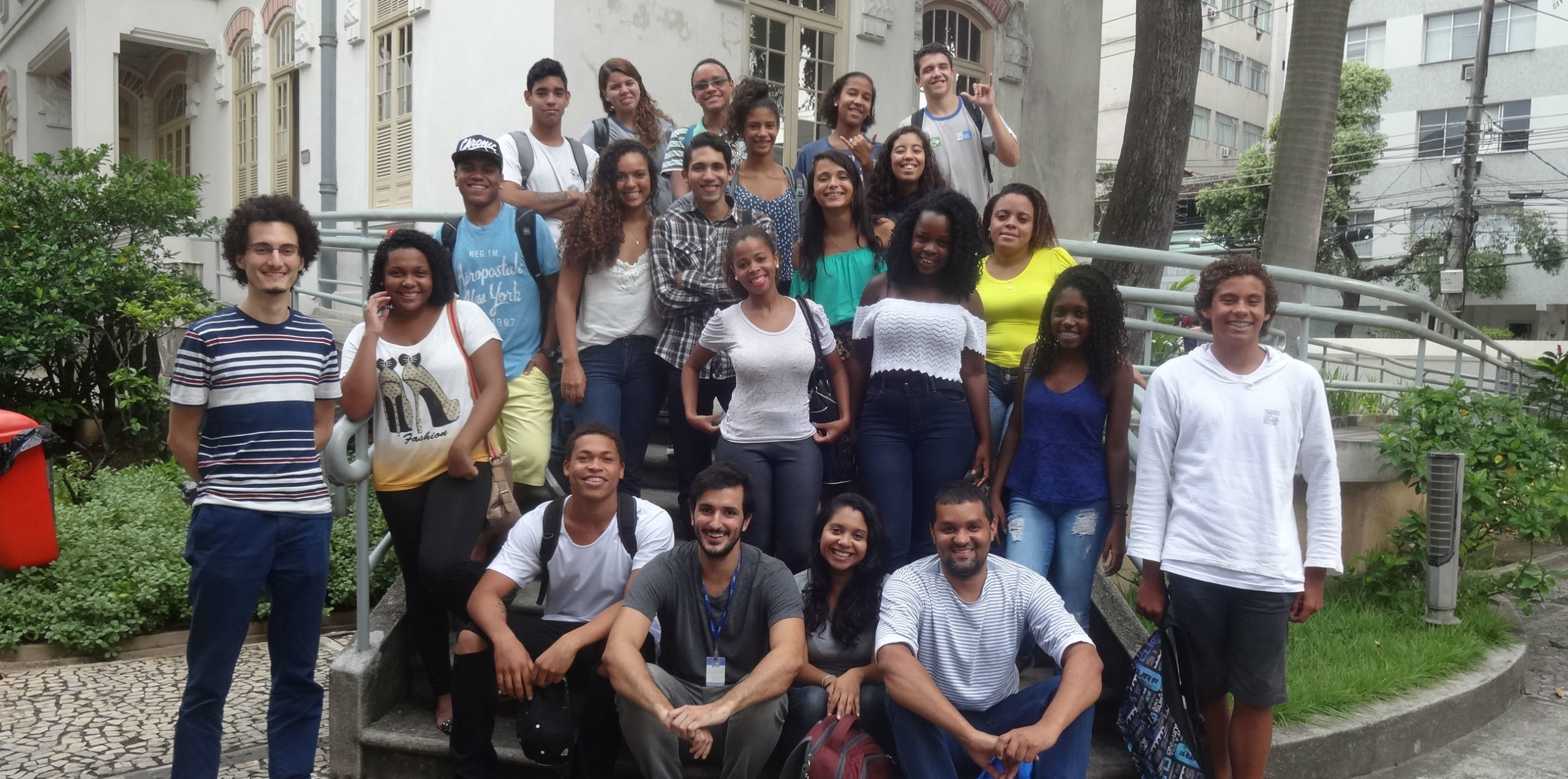
The 2016 edition of the Agentes da Transformação project reaches the largest slum in Rio de Janeiro: Rocinha. Performed by Instituto TIM in partnership with Pereira Passos Institute (IPP), the project will have three groups of young scholarship students at Rocinha so that the research can cover the entire area, which has nearly 70,000 inhabitants, according to the last Census in 2010 of the Brazilian Institute of Geography and Statistics (IBGE).
“This is our biggest challenge, because Rocinha is not divided into several communities. It really is a unique community, with all that size and with well-defined areas”, says Andrea Pulici, Special Projects director of IPP and Agentes da Transformação coordinator. Andrea explains that Rocinha was selected only for the fourth year of the project precisely so that the coordination team managed to accumulate more experience for this great challenge. “We already have a very good team, we are quite sure that it will all be all right,” he says.
Besides Rocinha, the 2016 survey will also serve three communities in Lins Complex and a community in Maré, bringing together 50 fellows and 5 field coordinators. The first training was held between March 1 and 4, in which the fellows were educated to identify households where interviews will be held. This identification stage began on March 5 and will last until the April 5.
The second training takes place between April 11 and 13, for the young people to learn to use the application to collect data Para Pesquisa, a free software developed by TIM Institute. The interviews phase, by using the application, will start soon, extending to June 30. The goal is to reach 2,500 completed questionnaires. With this edition, the project will have reached all Rio de Janeiro pacified areas.
For Andrea, Agentes da Transformação works in two very important ways. The young scholarship students have their first experience with responsibilities and work routines, involving standards, schedules and goals to be achieved. They also get to know more the reality of their communities. “You can make these young people visit areas they did not know. That way they can realize the world they live in is not uniform. There are people who live in much better conditions than they do, there are people who live in much worse conditions than them, there are young people who think very differently from them. These debates are very much alive.”
At the same time, the project creates a database with information about the young residents of slums in Rio de Janeiro that serves as a support for both public policy and other initiatives within the communities. Andrea says that currently the partners themselves are already looking for the IPP spontaneously in search of such data. “In fact, the project does not end when we finish and deliver the data. It is precisely from conversations with partners that we can begin to gradually give those answers that young people want so much”, she concludes.

